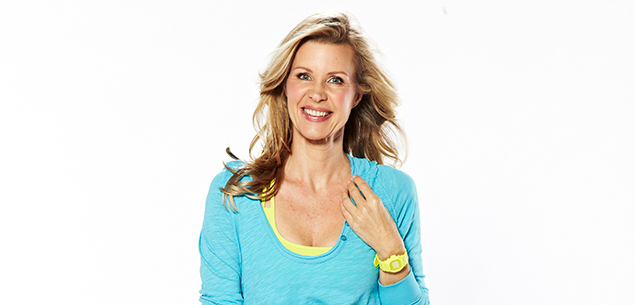Eczema is the term used to describe a group of medical conditions that lead to the skin becoming irritated and inflamed. The most common type is atopic dermatitis, when there is often an inherited tendency to also develop other allergic conditions.
Many children who have eczema grow out of it by the time they turn 10, but others have it for life and in some cases, it can be so severe it has a huge impact on their lives.
The exact cause of this irritating skin condition isn’t known, but it is thought to be due to the body’s immune system over-reacting to particular irritants. Eczema triggers can include:
Exposure to detergents, fragrances and soaps
Rough fabrics against the skin. Wool can set off some flare-ups
Feeling too hot or too cold
Being stressed
Eczema can’t be cured, but it can be managed. The best way of doing this is to keep the skin moisturised using a suitable cream and to avoid triggers you know will make it worse. If it flares up, causing itchy and inflamed skin, your doctor may recommend a number of treatments, including using creams containing corticosteroids, which can reduce inflammation. They may also suggest antihistamines to counteract the itching and antibiotics if your skin has become infected.
Many people with eczema turn to alternative therapies for relief from the itching it causes. Treatments some people swear by include:
Hypnotherapy
Acupuncture
Traditional Chinese herbs
Increasing levels of vitamin D (the best source of which is the sun)
Cod liver oil supplements
Bathing in Epsom salts or bleach
Taking probiotics
Try these tips
1. Don’t wash your hair in the shower. Your shampoo may contain irritants that aggravate your skin when it runs down your body in the shower. Try washing your hair over a basin for a couple of weeks and see if it makes a difference to your skin. If washing it in the shower is the only option for you, make sure you wash the shampoo suds off your body as quickly as possible.
2. Use cold compresses to relieve itching. You can buy cold packs from various shops and chemists or you can try making your own by putting crushed ice or even frozen vegetables in a bag, then wrapping it in a thin towel and holding it agains the affected area.
3. Only wear natural cotton next to your skin and avoid wearing wool directly against your body.
4. Add bleach to your bath. Yes, it may sound strange but diluted bleach (sodium hypochlorite) can help prevent skin infections, according to Allergy NZ. Use plain bleach without added fragrance or detergent (Janola is not recommended) and use recommended amounts (see the Allergy NZ website here for how much to use).
Fighting eczema with food
Australian nutritionist and skin expert Karen Fischer had such great success in treating her daughter’s eczema that she wrote a book, The Eczema Diet, which looks at food she says can not only ease but also prevent the condition.
She has devised a list of the top 12 eczema-safe foods which supply valuable nutrients that can help decrease inflammation and promote skin repair and maintenance. They are:
Banana
Papaya
Broth
Potato/kumara
Buckwheat
Mung bean sprouts
Oats
Linseeds/flaxseeds
Red cabbage
Spring onions
Fish
Beetroot
The Eczema Diet by Karen Fischer (Exisle, $34.99)
Take a look at how to avoid heartburn here.
Image: Alana Landsberry/ bauersyndication.com.au




